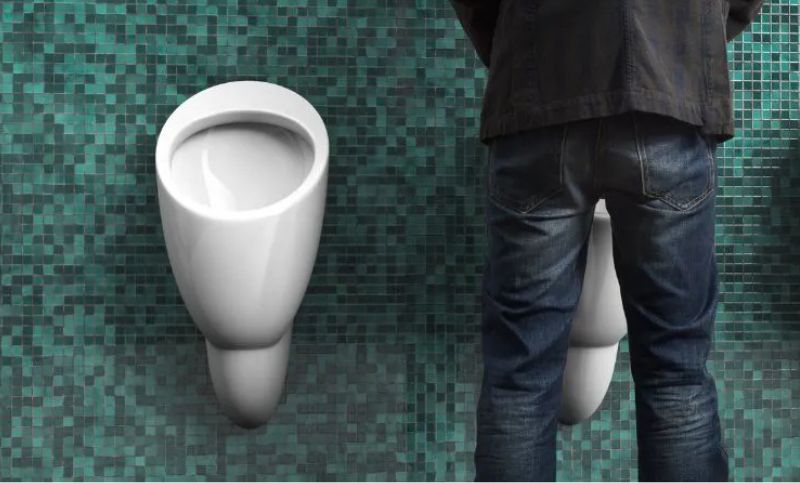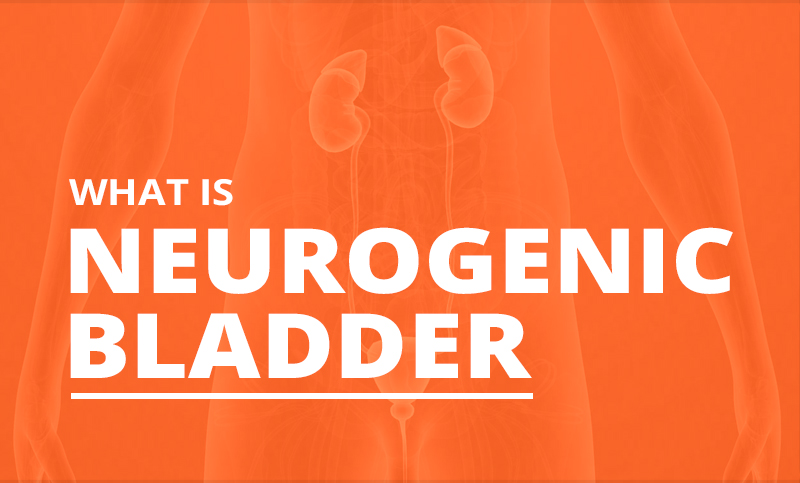Understanding Neurogenic Bladder: Symptoms, Causes, and Treatment Options
Understanding Neurogenic Bladder: Symptoms, Causes, and Treatment Options

Neurogenic Bladder Dysfunction has many causes, but most are due to damage of the brain, spinal cord or nerves surrounding the bladder. If you have any of the symptoms below, be sure to book an appointment with a urology specialist.
Neurogenic bladder dysfunction is a condition caused by brain, spine or nerve problems. People who suffer from the disorder typically have a lack of bladder control. Although there can be many causes, most result from conditions that affect the nerves that control how the bladder holds and secretes urine.
There are two main categories of neurogenic bladder, overactive or hyper-reflexive and underactive or flaccid, with the condition depending on the damage of particular nerves.
What Are The Symptoms?
The symptoms of Neurogenic bladder disorder include:
• Difficulty completely emptying the bladder
• Difficulty discerning when the bladder is full
• A broken urine stream
• Pain or a strained feeling while urinating
• Lack of bladder control and leaking urine
• Frequent urinary tract infections
• Regularly urinating
• A feeling of urgency in the bladder
What Are The Causes?
The neurogenic bladder is caused by the disintegration of the nerves that run from the bladder to the brain and vice versa, so the most common causes are nerve damage and brain disorders.
Conditions that affect the bladder directly include:
• Diabetes
• Pelvic surgery
• Long-term alcohol abuse
• Spinal nerve damage
• Genetic nerve problems
Conditions that cause the brain to inflict neurogenic bladder include:
• Multiple sclerosis
• Parkinson’s disease
• Spinal injury
• Alzheimer’s disease
• Stroke
• Tumours of the brain and spinal cord
• Spinal cord congenital disabilities
• Heavy metal poisoning
• Infections
• Head or spinal trauma
• Genetic nerve problems

How Do You Diagnose Neurogenic Bladder Disorder?
Neurogenic bladder disorder is diagnosed using various methods, as the condition affects the brain, spinal cord and bladder. To diagnose, a urologist will request an in-depth examination. Firstly the doctor will review a patient’s health history before testing their nerves and performing a physical exam. To determine the extent of the condition, a doctor will likely have to perform an ultrasound and may take X-rays of the spine and brain. Cystoscopy of the bladder and urodynamics (tests involving filling the bladder) may also be needed for a complete diagnosis.
What Are The Treatments?
There are many treatments for Neurogenic Bladder disorder that depend on the severity and the cause of the condition. Treatments include:
Electrical stimulation therapy: a therapy that signals the brain and helps the bladder contract and pass urine
Medication: to assist with bladder contractions or to help the bladder to constrict
Catheterisation: to assist with emptying the bladder completely
Surgery: a doctor may insert an implant into the body to help compress the urethra and prevent urinary leakage. This implant can then be manually released to empty the bladder.
Want to book a checkup?
While he is primarily a urological cancer surgeon, Dr Arianayagam also sees patients with general urological problems, including Neurogenic bladder dysfunction.
If you have any further questions regarding Neurogenic bladder and would like to book an appointment, please feel free to contact or call Dr Arianayagam’s office on 1300 307 990. His staff will be able to assist.
While you’re here, learn more about how we can help:
Causes and Conditions of Cloudy Urine

Protect Your Kidneys: Simple Habits for Better Health
Keeping your kidneys in shape is vital for reducing the risk of chronic disease. Check out some of our top…

Boost Your Urological Health with the Help of Technology
Check out some of the different technological tools you can adopt to care for your urological health. While we all…






